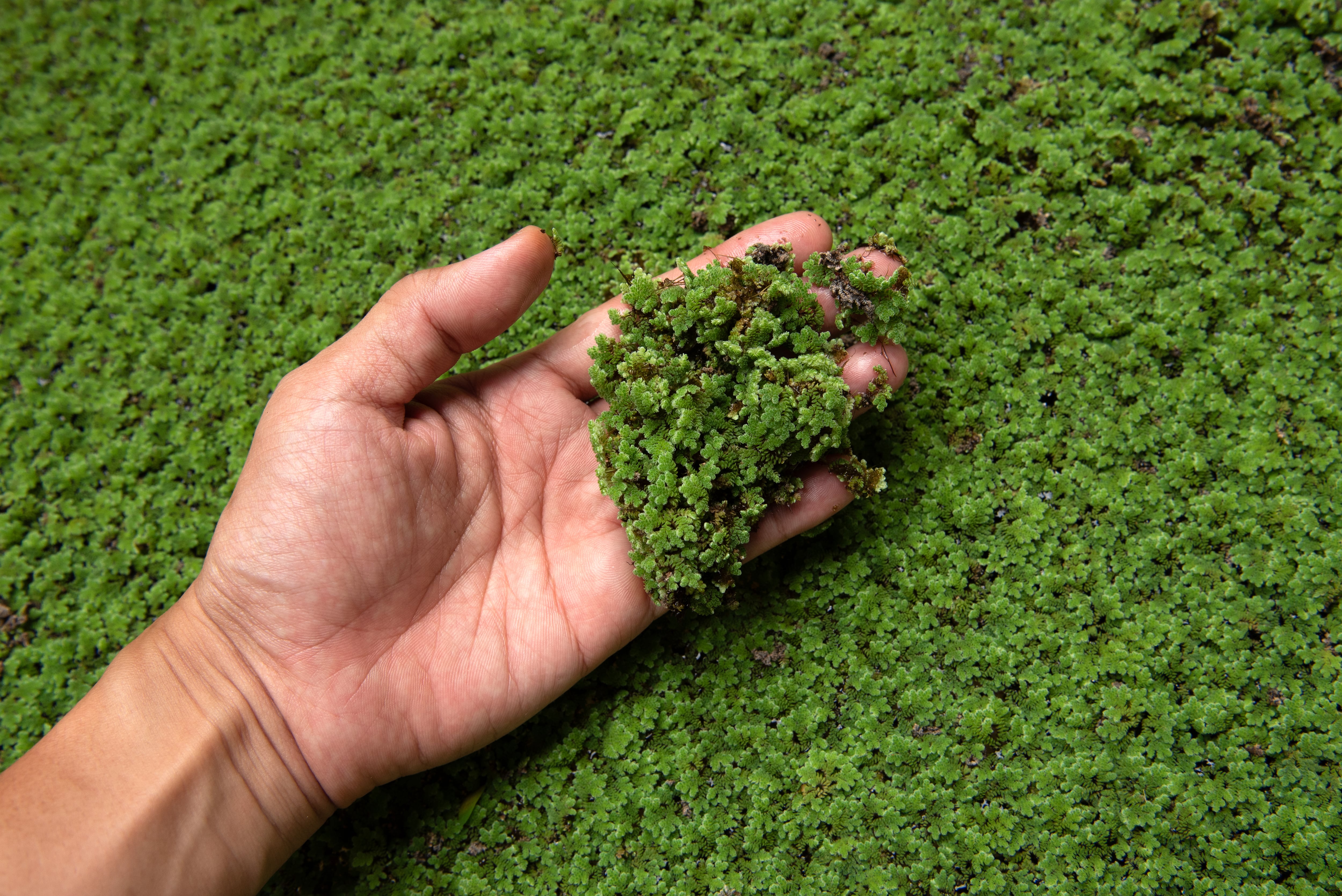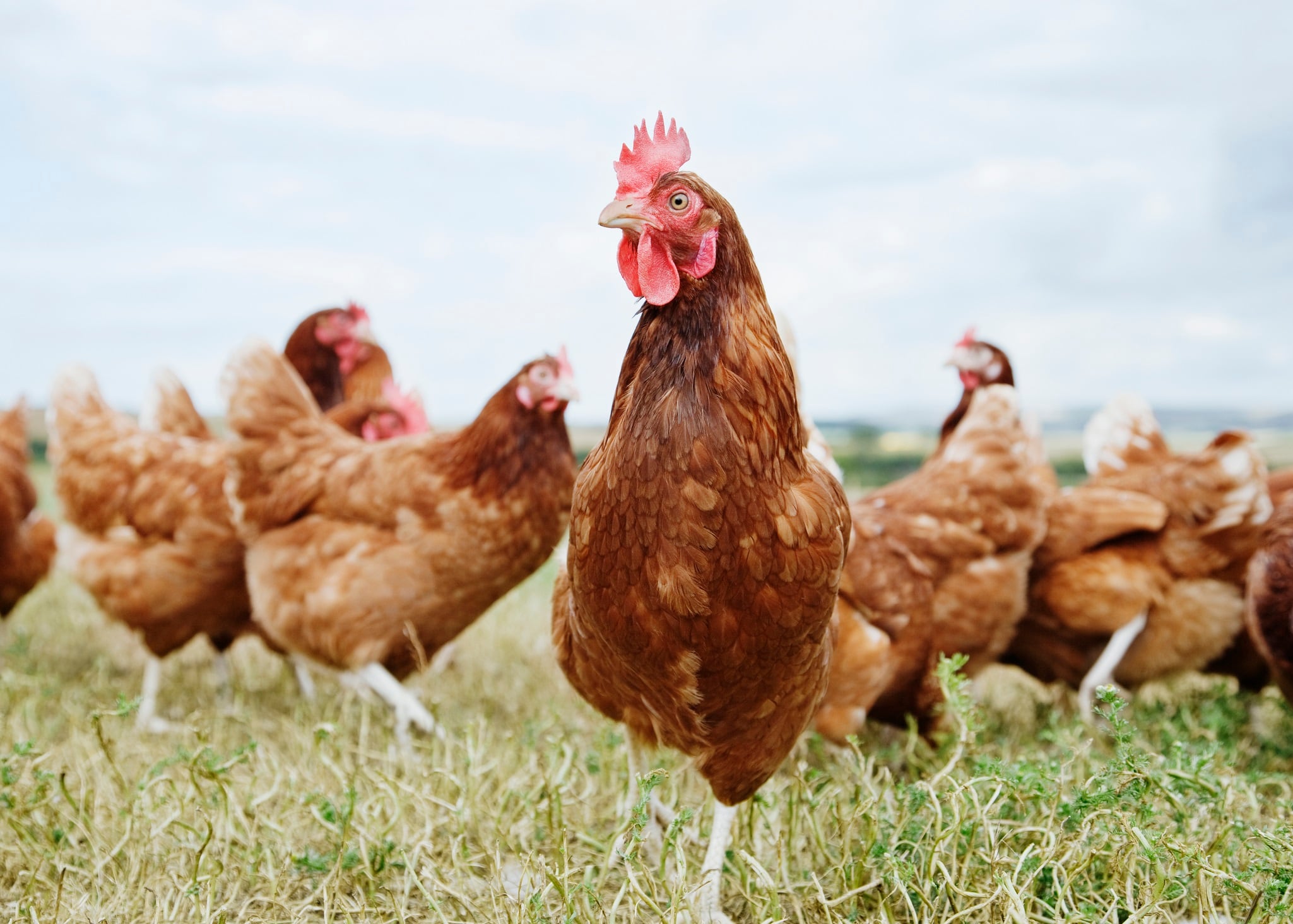Duckweed, according to many studies, has a great deal of benefits as an alternative protein.
Containing a high protein percentage (43% according to the University of Leeds), the plant is easy to produce in large quantities, being able to double its mass in a handful of days.
Its aquatic nature also means that it doesn’t require large-scale land use, making it even more sustainable.
Now, the European Commission (EC) has approved its use as a food in Europe.
Until now, duckweed has been considered a ‘novel food’, because of its low consumption in Europe (although it is consumed more widely elsewhere in the world, such as in Thailand). This means that, like foods such as cultivated meat, it had to be tested for safety by the EFSA before it could legally enter the market.
Now, thanks to a novel food application by Wageningen Plant Research in the Netherlands, it has been approved.
Why duckweed, or ‘water lentils’, was approved
Research from Wageningen University & Research on duckweed, which it calls ‘water lentils’, has been instrumental in the approval. Researcher Ingrid van der Meer became interested in the plant both because of its highly reproducible nature (it can produce more than six times as much per hectare as soy), and high protein content.
“They have a number of biological processes that differ from those of other plants. From a scientific point of view, water lentils are very intriguing,” she said.
She expanded on this point, saying that they don’t need many nutrients to grow and, because they can be grown on the surface of water, can be produced easily in a “simple greenhouse or vertical farm”, or even indoors within cities.
The key to its fast growth is the way it grows, explained Van der Meer. “Water lentils grow much like yeast. The plant splits into two every three days. These then split again into four plants, and so the growth continues exponentially. To guarantee bountiful yields, you’d need to harvest once or twice per week.”
It may have all the practical benefits, but does it taste nice? Yes, at least according to Wageningen’s tasting panels.
The plant has many uses beyond meat alternatives. It can be used in soups, stews, ravioli, pesto, and as a replacement for spinach, among many other uses. It is also a favourite of ducks, hence the name.
And of humans. Alongside its functional benefits, the researchers also conducted extensive research on consumers to test if they wanted to consume duckweed. The research found that consumers were generally positive about the plant - in one case even preferring a duckweed soup to the spinach equivalent.
In 2021, the commission approved Wolffia, the ‘water lentil’ consumed in Thailand. Four years later, another variety has now been designated safe to eat.
Obstacles to approval
Initially, EFSA considered everything about the plant safe, save for the high levels of manganese, a mineral that is essential for human health but in large quantities can cause undesirable health effects in children, such as harming their brain development, according to the US’s Centres for Disease Prevention and Control.
However, the researchers eventually proved that they could reduce the manganese levels in duckweed to a level comparable with spinach.





